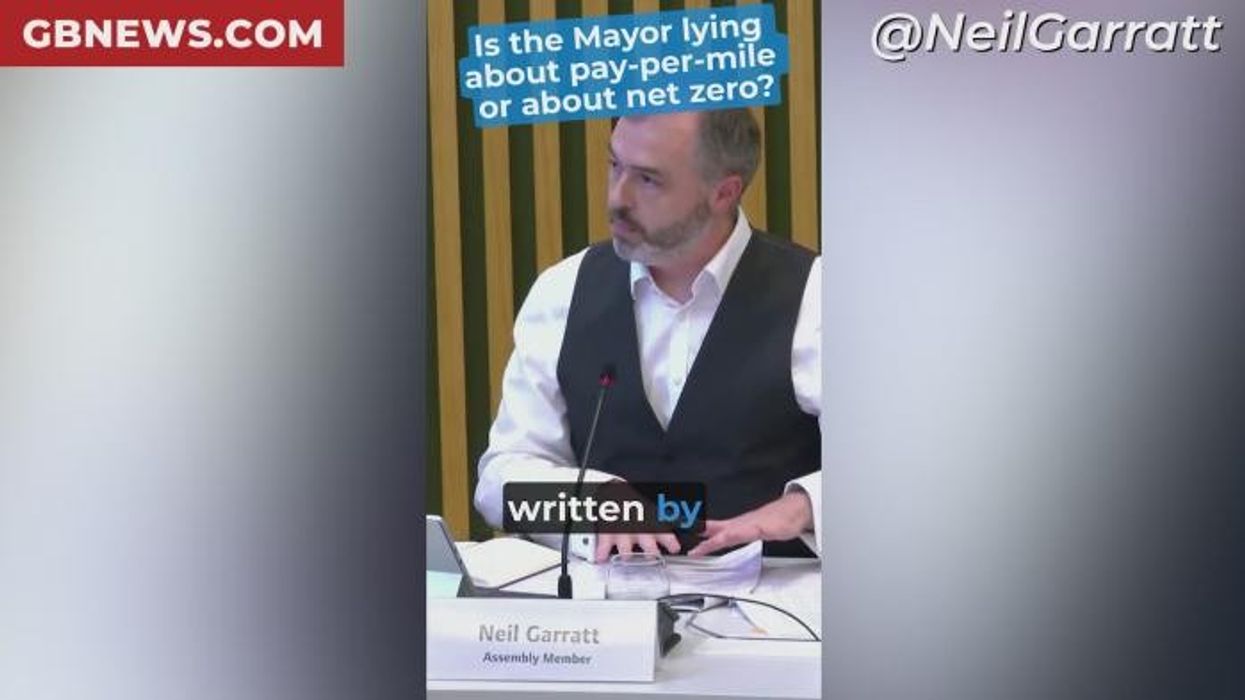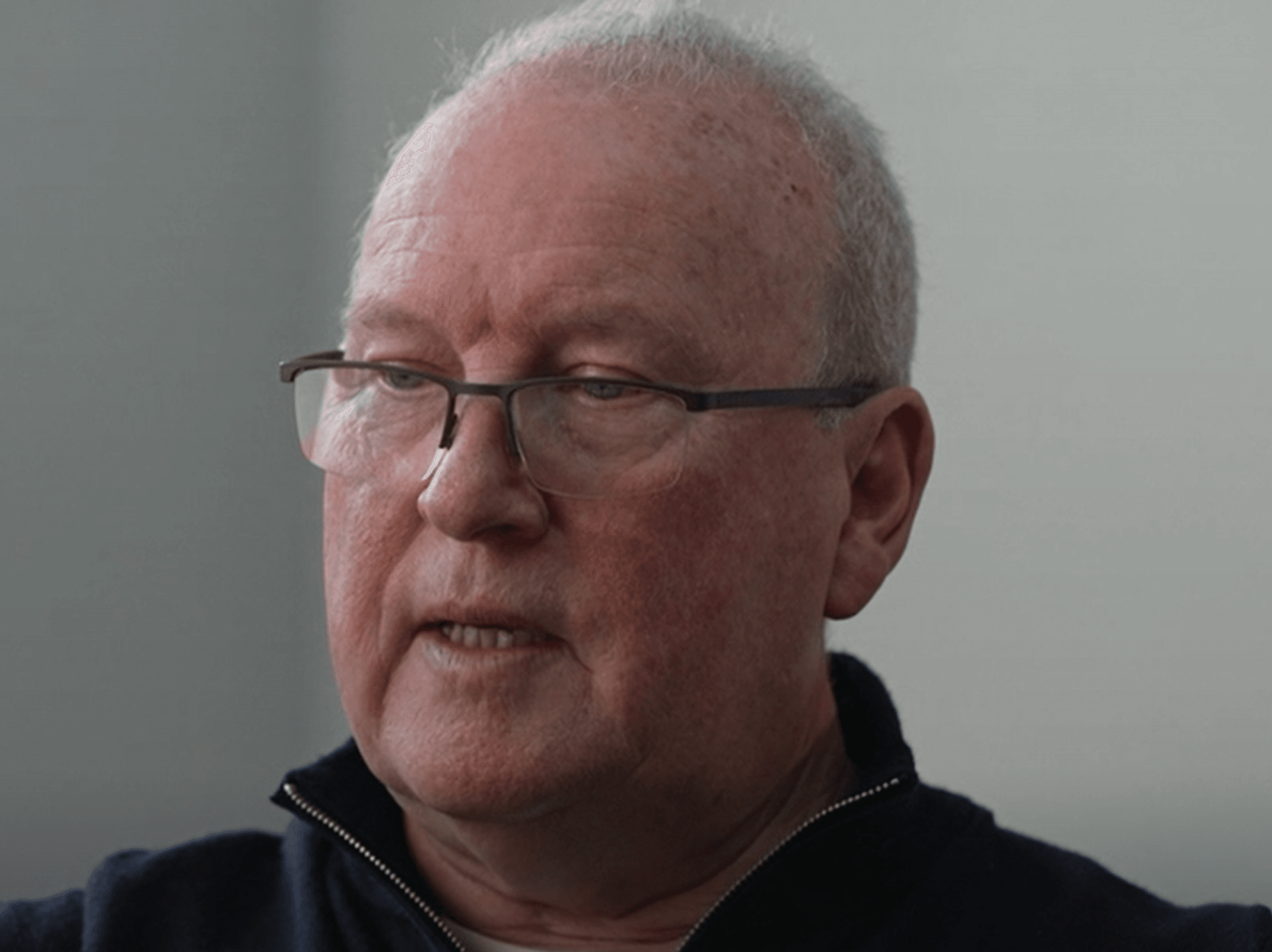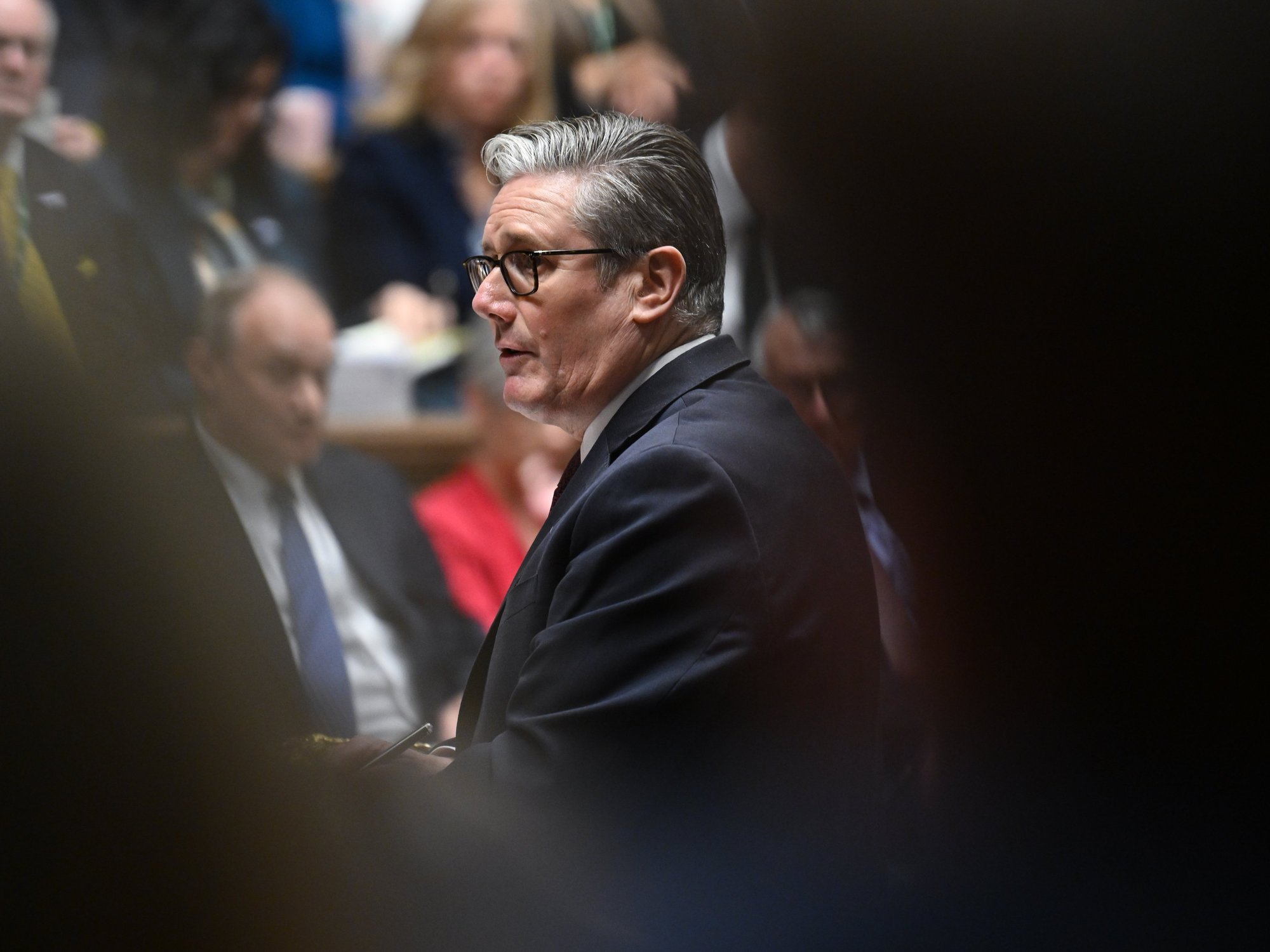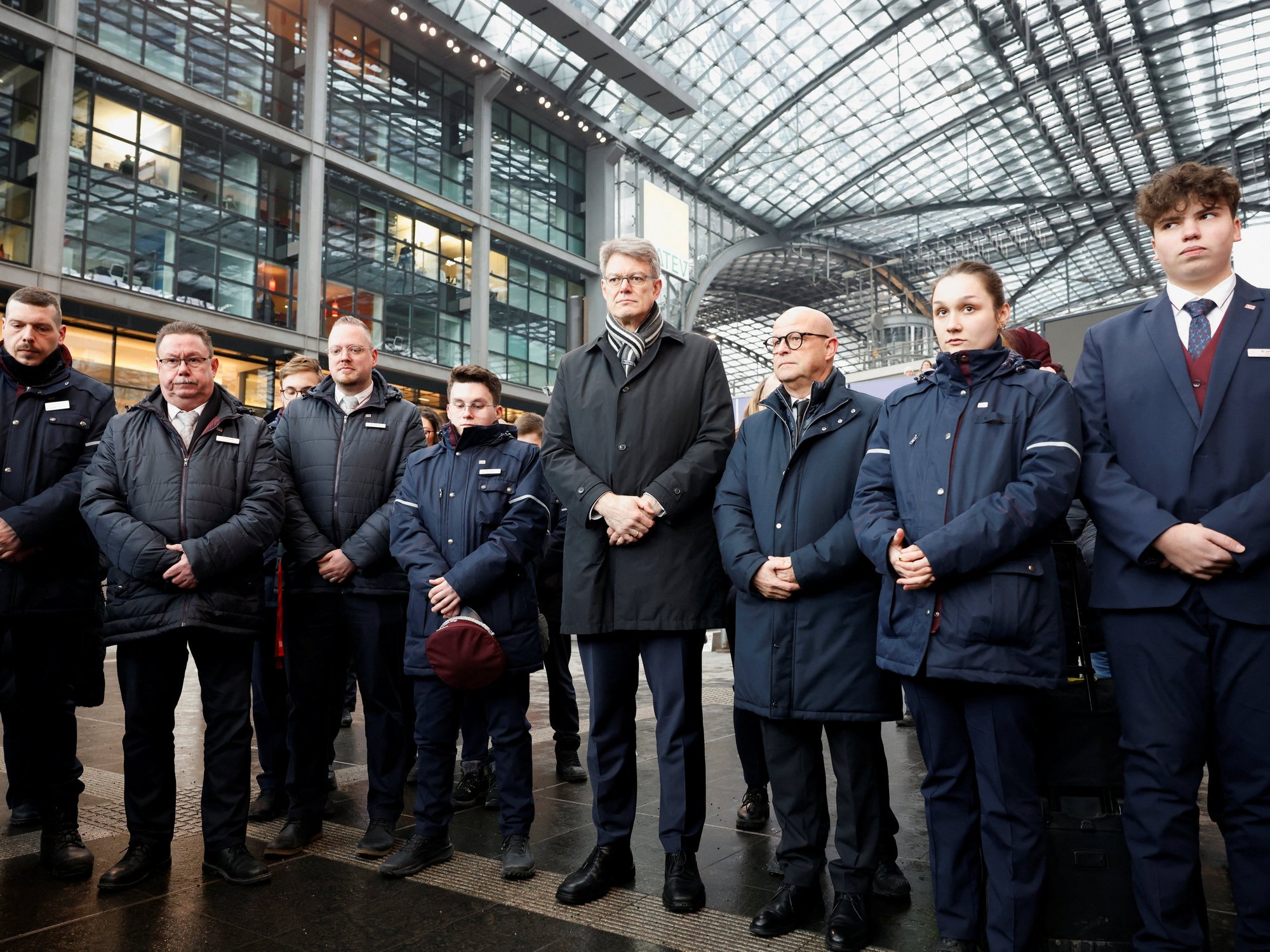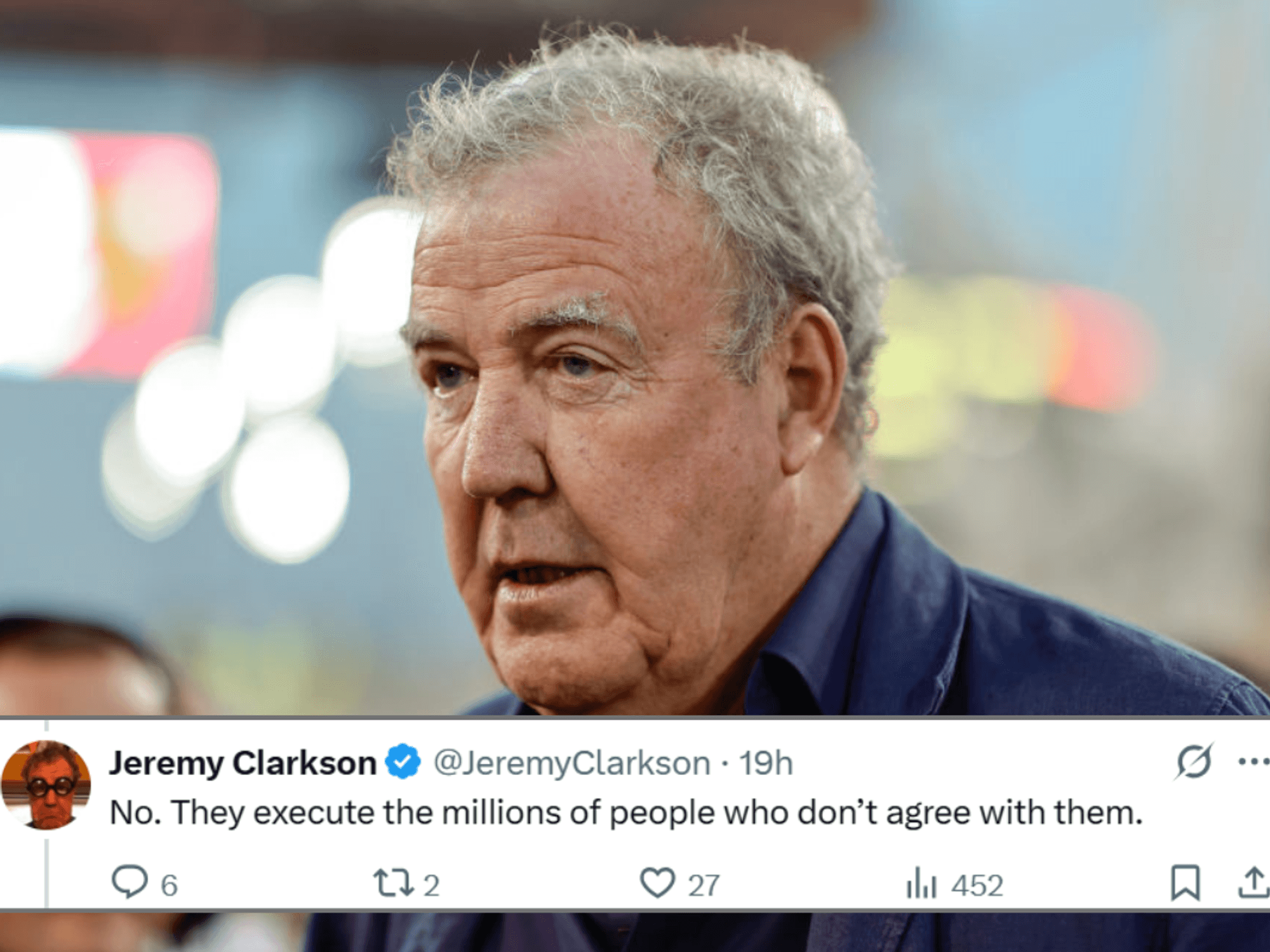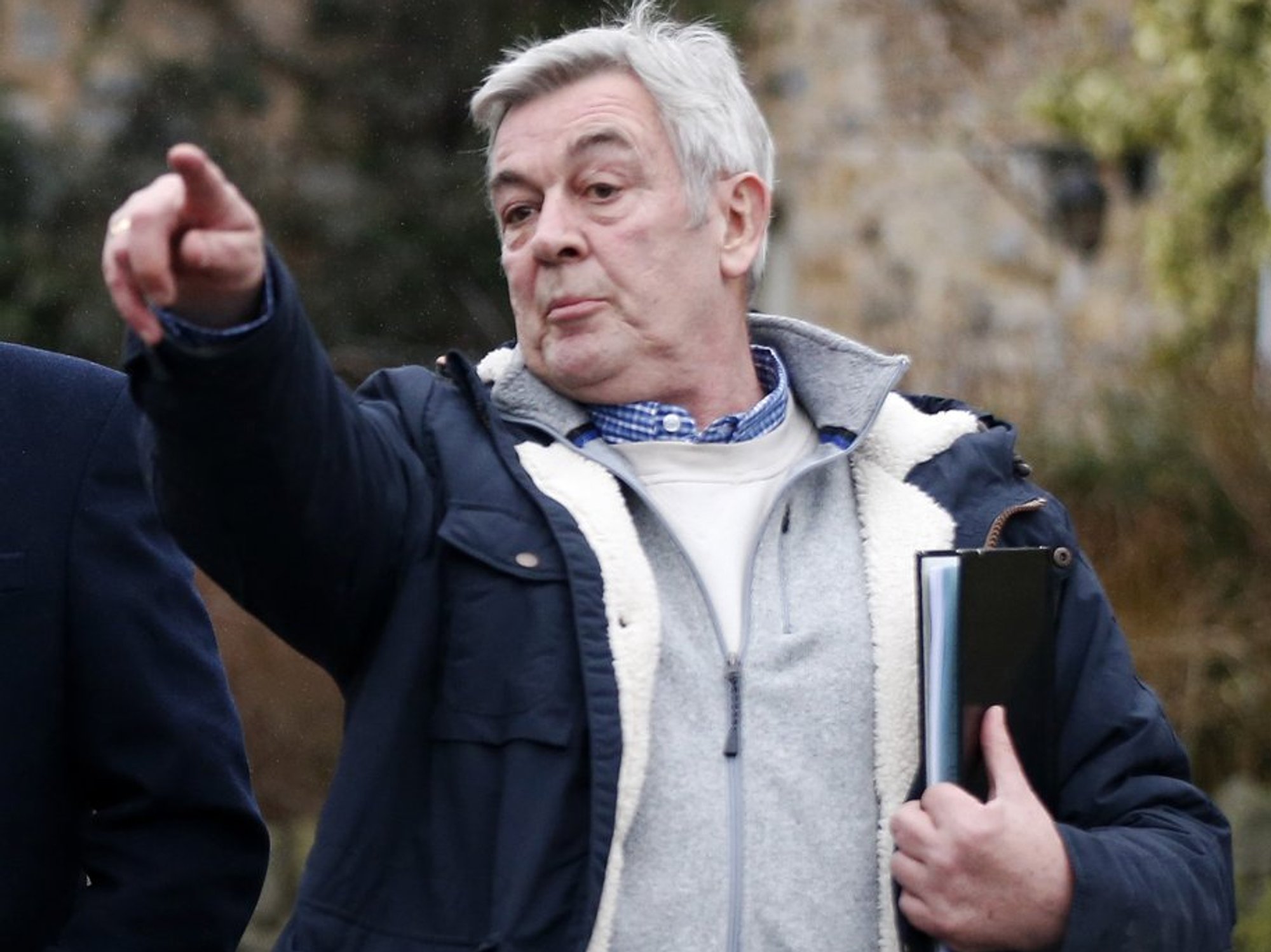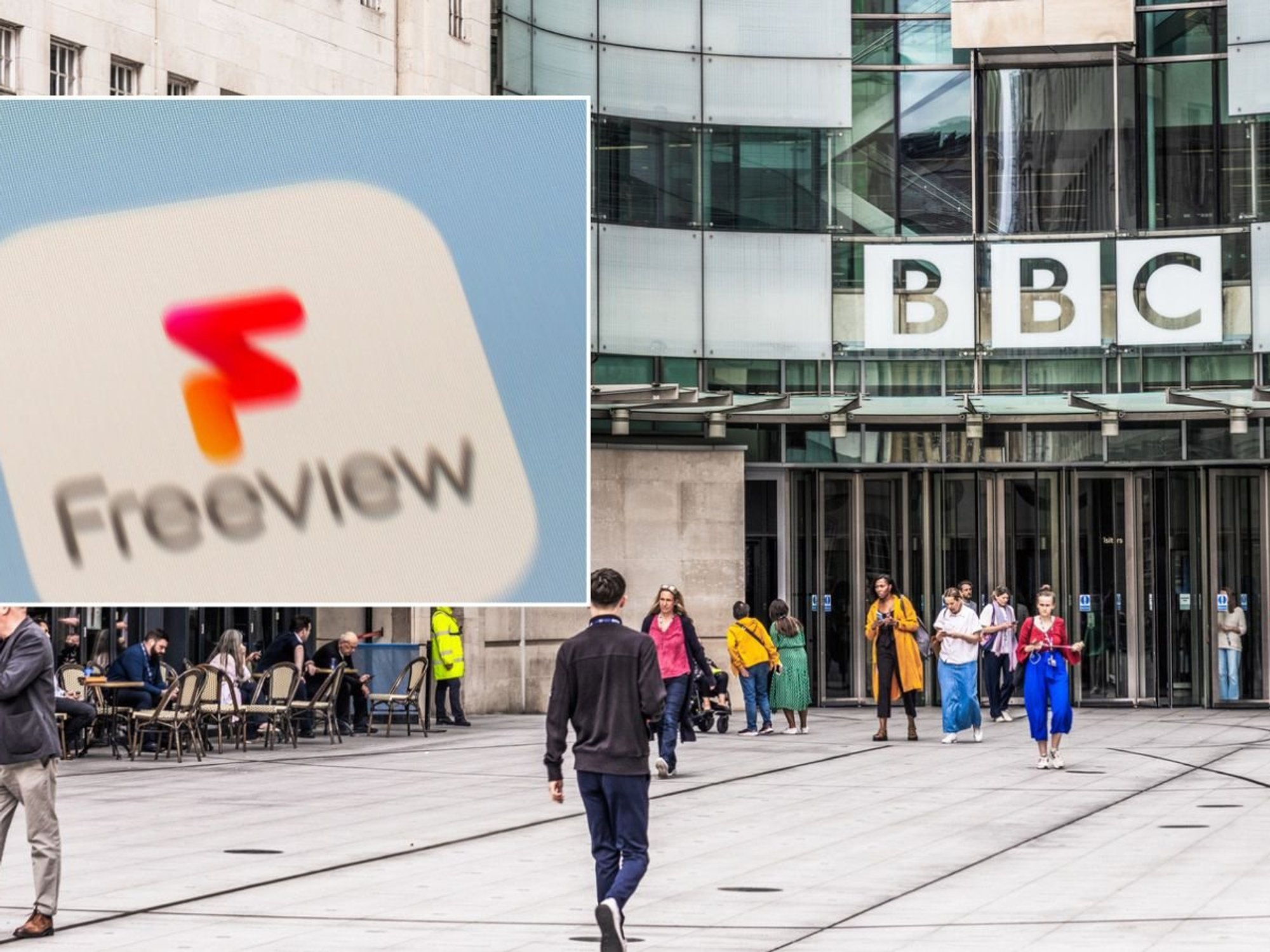Sadiq Khan admits London 'not on track' to meet emission targets despite Ulez and Congestion Charge

The Mayor faces criticism during the London Assembly meeting this week
Don't Miss
Most Read
Latest
Sadiq Khan has admitted that the capital is not on track to meet his self-imposed target of reducing traffic by 27 per cent by 2030, blaming the pandemic for derailing the progress.
During questioning at a London Assembly meeting, the London Mayor acknowledged that "on the trajectory since the pandemic, we're not on track".
The Mayor explained that "people understandably got nervous using public transport" during the pandemic, leading to increased car usage that has persisted post the pandemic.
While central London has seen a "really decent reduction" in traffic since 2018, the rest of the capital remains significantly off track to meet the targets outlined in the Mayor's transport strategy addendum.
Do you have a story you'd like to share? Get in touch by emailing motoring@gbnews.uk
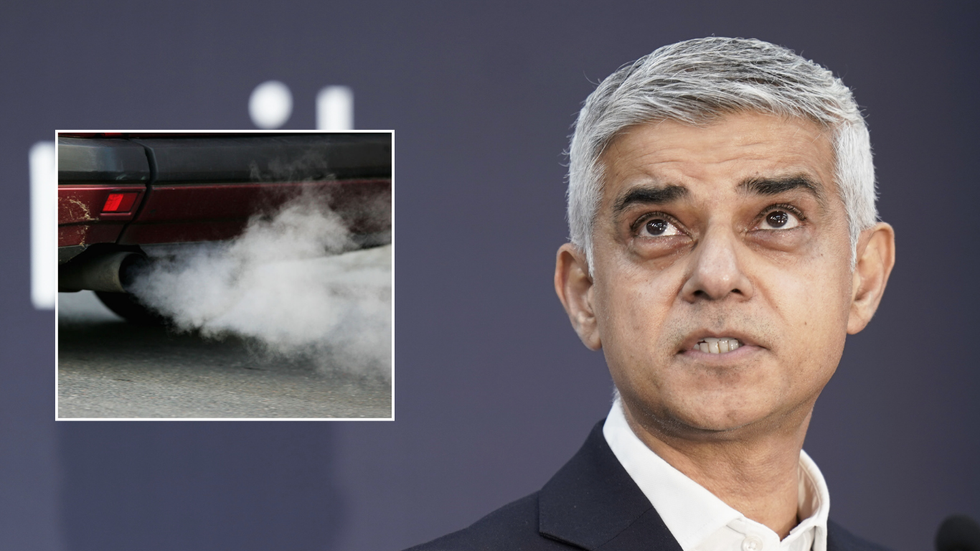
The Mayor admitted that London is not on track to meet its 2030 goals
|PA/GETTY
Assembly Member Garrett challenged Khan over his net zero commitments, brandishing the Mayor's own "London's Net Zero 2030" plan during the heated exchange.
Garrett pointed out that the document, authored by Khan himself, stated that achieving the required 27 per cent traffic reduction "is only possible with some form of road user charging" - specifically through a pay-per-mile scheme.
"Your own report, written by you, you're the author, says that to achieve your net zero 2030 plan, which you're committed to, requires, that's the word used here, a pay-per-mile plan," Garrett said.
The Assembly Member pressed Khan on the apparent contradiction between his net zero commitments and his repeated denials about introducing pay-per-mile charging, asking which statement was "misleading Londoners".
Khan repeatedly insisted "we will not be introducing pay-per-mile" and stated "I'm quite clear we're not doing pay-per-mile as long as I'm Mayor" when confronted with his own report's conclusions.
Despite being pressed multiple times about the contradiction, the Mayor maintained his position, responding to Garrett's challenges by saying, "I'm not sure if the member wants to hear my voice or his, but I'm quite clear we're not going to do pay-per-mile as long as I'm Mayor."
But Garrett reminded Khan of previous U-turns, noting the mayor had categorically denied expanding Ulez to outer London in July 2021 before launching a consultation months later, and had reversed his position on building on green belt land.
"With the greatest of respect, I think your categorical denials of what you might not do in the future aren't worth much based on your own track record," Garrett said.
LATEST DEVELOPMENTS:
- Parking fines cancelled as council forced to issue apology for hitting gas explosion residents with penalty notices
- Thousands of HGVs could be removed from vital network route under new environmental plans
- Elderly and vulnerable drivers risk being left behind as revolutionary car changes impact travel for millions
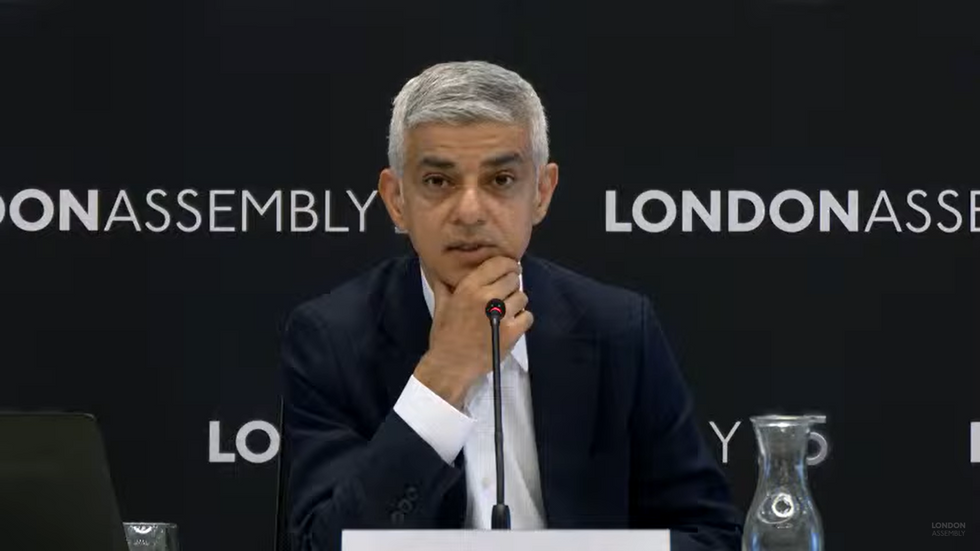
The London Mayor was grilled during question time this week
|LONDON ASSEMBLY
Khan outlined his current measures to tackle congestion, including opening the Northern Line extension in 2021 and Elizabeth Line in 2022, and introducing the Super Loop in 2024.
He highlighted that more than 20 kilometres of new bus lanes have been delivered since April 2021, with 25 kilometres expected by year's end.
The Mayor also pointed to his infrastructure coordination service, which has "delivered over £12.5million in net benefits and reduced disruption by 1,329 days" by partnering with utility providers.
Khan noted that the Congestion Charge had initially "reduced congestion by 30 per cent" and "boosted bus travel in central London by 33 per cent" when first introduced. He emphasised continued investment in cycling and walking infrastructure, stating this had led to "a huge increase in the number of people walking and cycling".
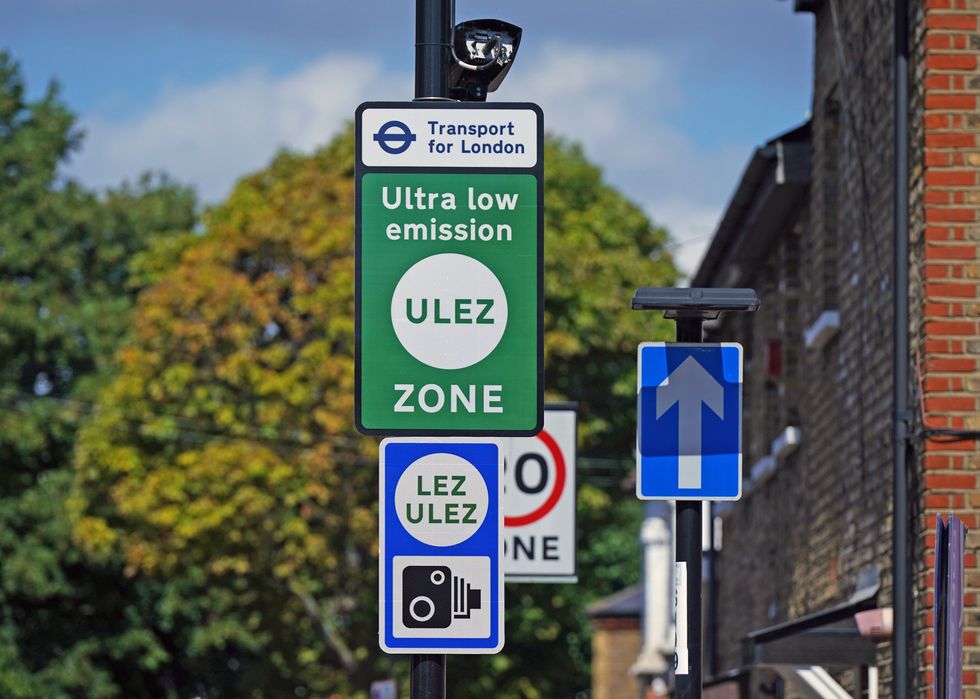
Ulez and Congestion Charge zones have helped reduce the number of cars in the city centre
| PAKhan said he was working on a business plan that would provide "reassurance or not" about the city's ability to meet its targets, emphasising the need for quality public transport to encourage modal shift.
"If the quality of public transport ain't great, if you're waiting long for a bus, if the bus is unreliable, if you don't feel safe cycling, you're less likely to move to active travel," he told the assembly.
When Russell described the 27 per cent reduction target as an "illustrative scenario" in a recent written question response, she pressed Khan to confirm his commitment to the target.
The Mayor confirmed "it is" still his aim, adding that "the business plan will be a really important piece of reassurance or not in relation to our ability to get there."


